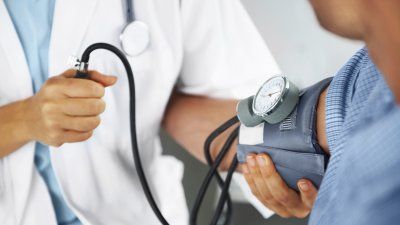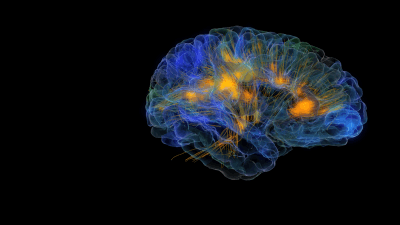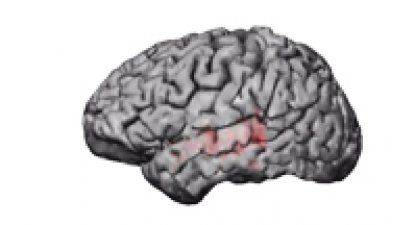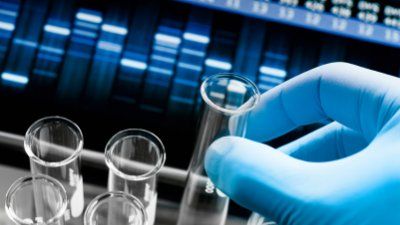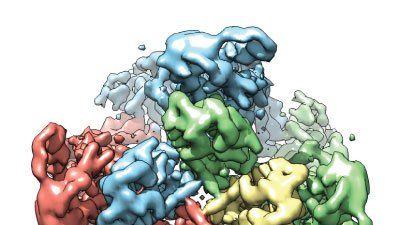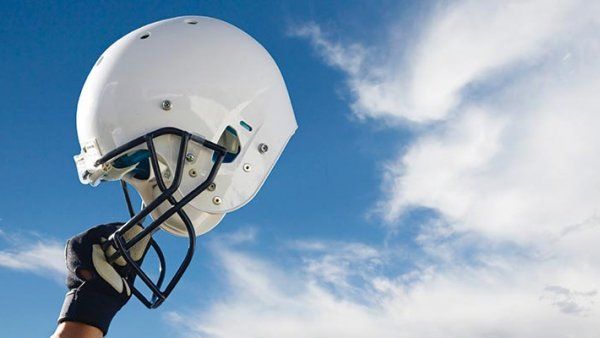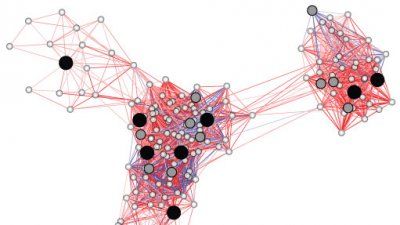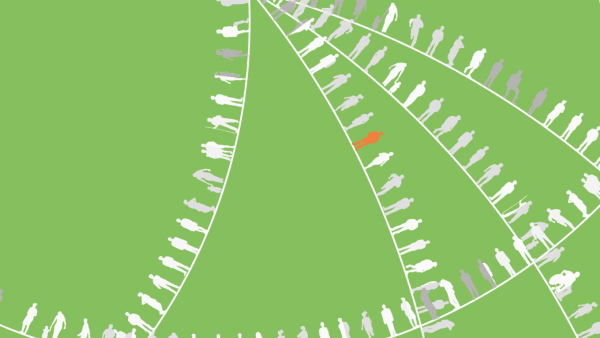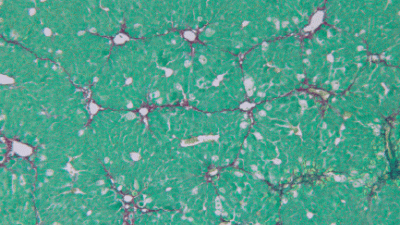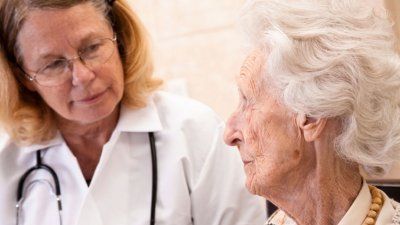Experts Question Routine Mammograms in Elderly
Doctors should focus on life expectancy when deciding whether to order mammograms for their oldest female patients, since the harms of screening likely outweigh the benefits unless women are expected to live at least another decade, according to a review of the scientific literature by experts at UCSF and Harvard medical schools.

